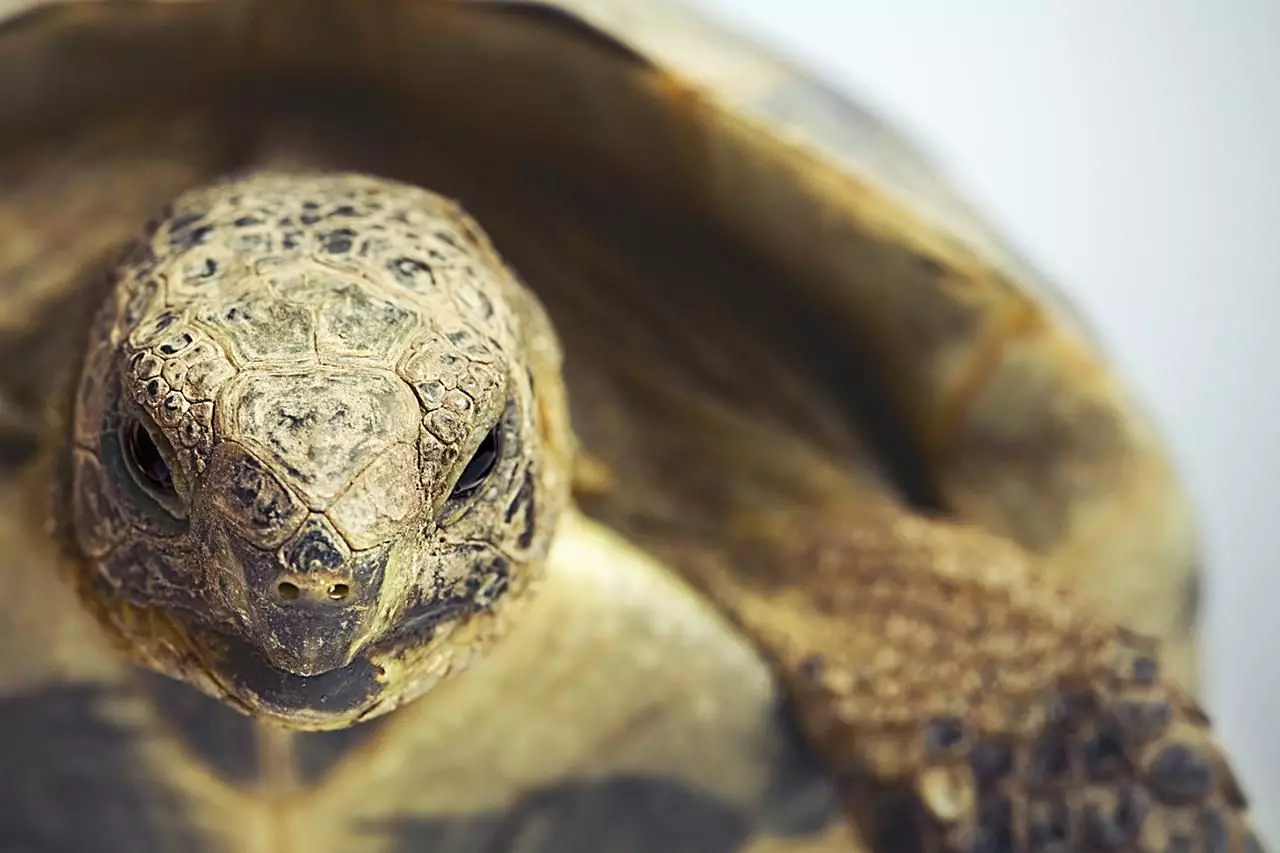The Greek tortoise, scientifically known as *Testudo graeca*, is a charming and resilient species native to Southern Europe, Northern Africa, and Southwest Asia. With their amiable demeanor and intriguing personalities, Greek tortoises have become popular companions for pet enthusiasts. Distinctively marked with a striking shell that varies from tan to yellow, accented with dark brown or black patterns, these tortoises have unique physical traits that enhance their allure as pets. However, while their endearing nature is undeniable, potential owners must deeply consider the extensive care and long-term commitment required for a creature known to live for over half a century.
Greek tortoises embody a significant investment in time, energy, and resources, with lifespans often reaching or exceeding 50 years in captivity. This extended lifespan necessitates serious contemplation before welcoming one into your home. Unlike arbitrary pet choices that can be reconsidered after a few years, adopting a Greek tortoise represents a long-term relationship, similar to caring for other long-lived pets like dogs or cats. Future owners must evaluate their readiness to provide stable care across decades, as the needs of a tortoise evolve and change over time.
Unlike some reptiles that thrive on human interaction, Greek tortoises typically prefer limited handling, which can induce stress and anxiety. Owners should understand that tortoises may respond defensively if they feel threatened, potentially leading to bites or scratches. Fostering a habitat where they can feel secure and relaxed is paramount. Over time, as trust is established, these tortoises often display inquisitive behaviors, approaching their humans, especially when food is involved. This social aspect adds a rewarding layer to ownership but emphasizes the importance of respectful interaction.
Providing a suitable living environment is fundamental to keeping a Greek tortoise healthy. Unlike many reptiles that require vertical space, Greek tortoises thrive in expansive floor space. An enclosure measuring at least 3 feet by 6 feet with walls about 18 inches high is recommended, although larger is always better. Keeping the enclosure clean contributes significantly to the creature’s health; providing a clean space that allows for exploration while maintaining a proper hygiene routine is essential. Daily removal of food scraps and weekly thorough scrubbing with a reptile-safe cleaner will help prevent issues that could arise from an unclean habitat.
Outdoor time significantly enriches a tortoise’s life. However, it is crucial to supervise them closely, as these creatures are surprisingly quick and adept at finding hiding spots. Designing a suitably secure outdoor pen with sun and shade options allows them to engage with natural elements without risk. Adequate safety measures must be taken to prevent escapes and protect against predators, underscoring the need for responsible ownership.
The well-being of a Greek tortoise largely depends on maintaining proper temperature, lighting, and humidity levels. Ideal daytime temperatures should vary between 75 to 90 degrees Fahrenheit, with basking areas heated to between 95 and 100 degrees. At night, a cooler range of 70 to 80 degrees is appropriate. Failure to provide adequate UVB lighting for approximately 12 hours a day can lead to serious health issues, including bone deformities due to calcium deficiency. Consequently, owners must also monitor humidity levels, aiming for a range of 40% to 60%. Regular misting and ensuring a clean, accessible water supply will support a healthy environment.
As strict herbivores, Greek tortoises benefit from a fiber-rich diet low in protein. Fresh, leafy greens should form a substantial part of their menu, supplemented with high-fiber hay and occasional fruit treats. Regular feeding practices can prevent serious health issues like metabolic bone disease, which results from improper diet and nutrient deficiencies. Supplementing with calcium powder is also advisable, but always consult with a veterinarian for personalized dietary recommendations.
Owners should watch for signs of common health issues, including shell rot and respiratory infections, which can stem from environmental stressors. Being proactive about their health and environmental conditions can alleviate potential crises and foster a long, healthy life for the tortoise.
The decision to adopt a Greek tortoise entails significant responsibilities—including long-term care, daily attention to their needs, and an understanding of their unique personalities. While they provide companionship and joy, they require a thorough commitment to their health and well-being. Potential owners are encouraged to seek reputable breeders to ensure a healthy animal and to embark on a rewarding journey filled with growth, education, and lasting companionship. Upon fulfilling these requirements, the experience of nurturing a Greek tortoise can be immensely fulfilling, transforming one’s home into a vibrant ecosystem shared with these vivacious and charming creatures.

